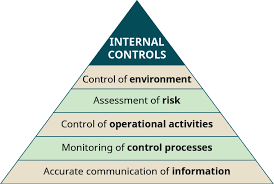Description
Introduction to Indonesia’s HIV/AIDS Epidemic
Indonesia has been grappling with the HIV/AIDS epidemic for several decades. The nation’s public health response has evolved over time to incorporate various strategies aimed at controlling and eventually eradicating the virus. Key components of this response include antiretroviral therapy (ART), health policy reforms, and robust prevention programs.
Health Policy and Government Initiatives
The Indonesian government has implemented numerous health policies to address the HIV/AIDS epidemic. These include expanding access to ART, enhancing testing and diagnosis facilities, and launching public awareness campaigns. Government initiatives are often supported by non-governmental organizations (NGOs) that focus on community outreach and harm reduction strategies.
Prevention and Awareness Programs
Prevention programs are critical in reducing the spread of HIV/AIDS. In Indonesia, these programs focus on health education, awareness campaigns, and harm reduction. Efforts are made to educate the public about safe practices and to reduce the stigma and discrimination associated with HIV/AIDS. Community outreach programs aim to reach vulnerable populations, ensuring they have access to necessary healthcare services.
Challenges and Future Directions
Despite significant progress, Indonesia faces ongoing challenges in managing the HIV/AIDS epidemic. Stigma and discrimination continue to be barriers to effective treatment and prevention. Additionally, socioeconomic factors impact the ability of vulnerable populations to access healthcare. Moving forward, a multi-faceted approach that includes government initiatives, NGO support, and community involvement is essential for achieving long-term success in the fight against HIV/AIDS.



Reviews
There are no reviews yet.